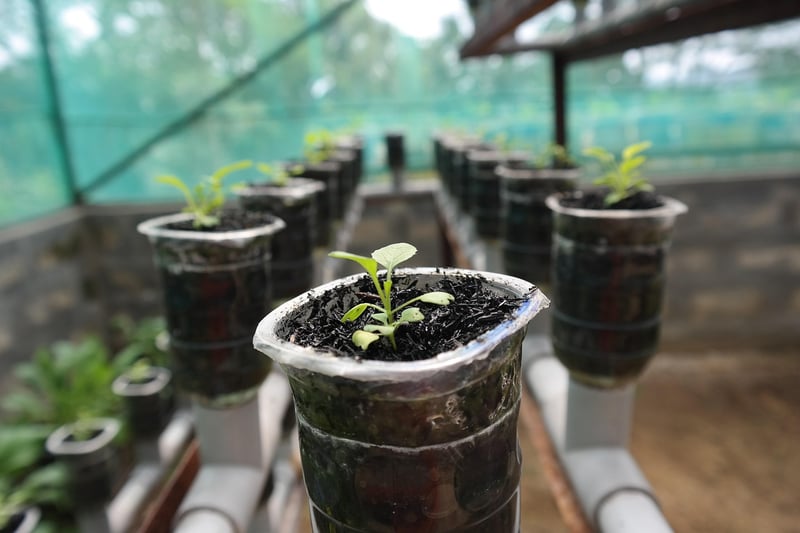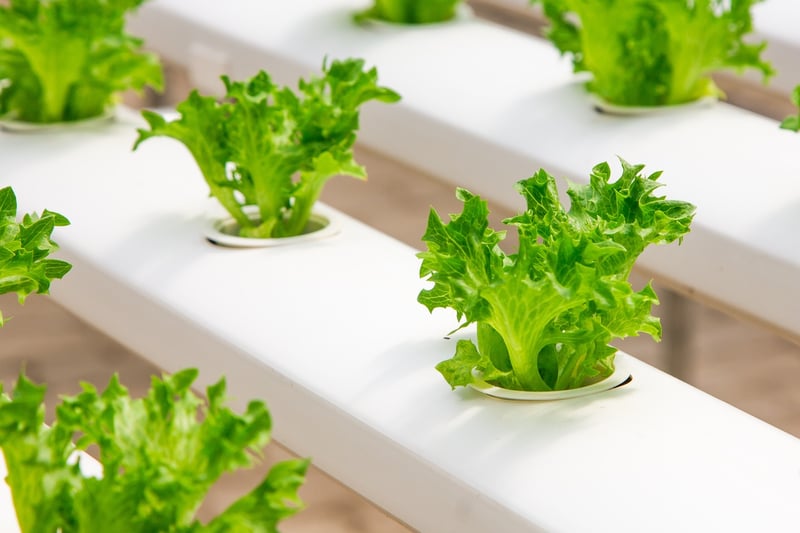Hydroponics
The Future of Farming: Exploring Innovative Hydroponic Methods
Farming has come a long way from traditional soil-based techniques to innovative methods like hydroponics. Hydroponics is a soil-less farming technique that uses nutrient-rich water solutions to grow plants efficiently. This revolutionary approach offers numerous benefits and is shaping the future of agriculture.
Advantages of Hydroponic Farming:
- Water Conservation: Hydroponic systems use up to 90% less water compared to traditional farming methods.
- Space Efficiency: Vertical hydroponic setups maximize space utilization, making it ideal for urban farming.
- Higher Yields: Plants grown hydroponically tend to grow faster and produce higher yields due to optimal nutrient levels.
- Pesticide-Free: With better control over growing conditions, hydroponic farms often require fewer or no pesticides.
Types of Hydroponic Systems:
There are several types of hydroponic systems tailored to different needs:
- Deep Water Culture (DWC): Plants grow directly in nutrient-rich water.
- Nutrient Film Technique (NFT): Nutrient solution continuously flows over plant roots.
- Drip System: Nutrient solution is dripped onto plant roots from above.
- Aeroponics: Plant roots are suspended in the air and misted with nutrient solution.
Why Hydroponics is the Future:
Hydroponics offers a sustainable solution to food production by addressing challenges such as water scarcity, land availability, and climate change. Its ability to grow crops faster, using fewer resources, makes it an attractive option for the future of farming.
Get Started with Hydroponic Farming:
If you are interested in exploring hydroponics, you can start small with a home hydroponic kit or scale up to a commercial hydroponic farm. Learning about plant nutrition, pH levels, and light requirements is essential for successful hydroponic farming.
Join the hydroponic revolution and be a part of the innovative farming methods that are shaping the future of agriculture!

Source image: Pixabay
